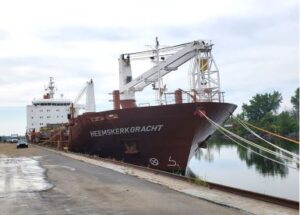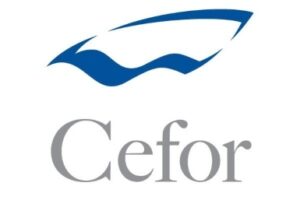
The German BSU has shared lessons learned following two ships collided on a canal after loss of steering.
What happened?
Two ships were due to pass each other on a narrow channel. Shortly before the encounter, a malfunction occurred in the steering system of one of the ships. This malfunction caused the rudder to veer sharply to port. Switching to emergency steering was unable to correct this rudder position. Continue reading “BSU lessons learned after loss of steering caused ships to collide”
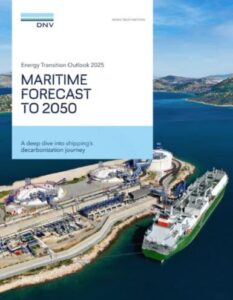
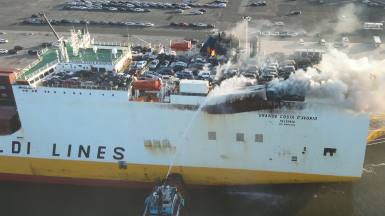

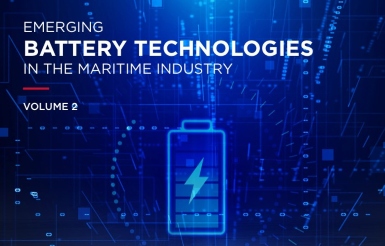
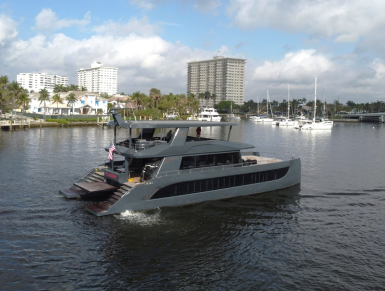
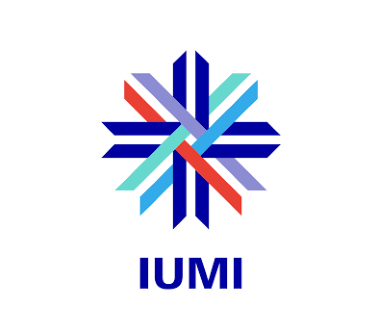 The International Union of Marine Insurance (IUMI) presented its analysis of the latest marine insurance market trends – showing steady growth in premium income.
The International Union of Marine Insurance (IUMI) presented its analysis of the latest marine insurance market trends – showing steady growth in premium income.


